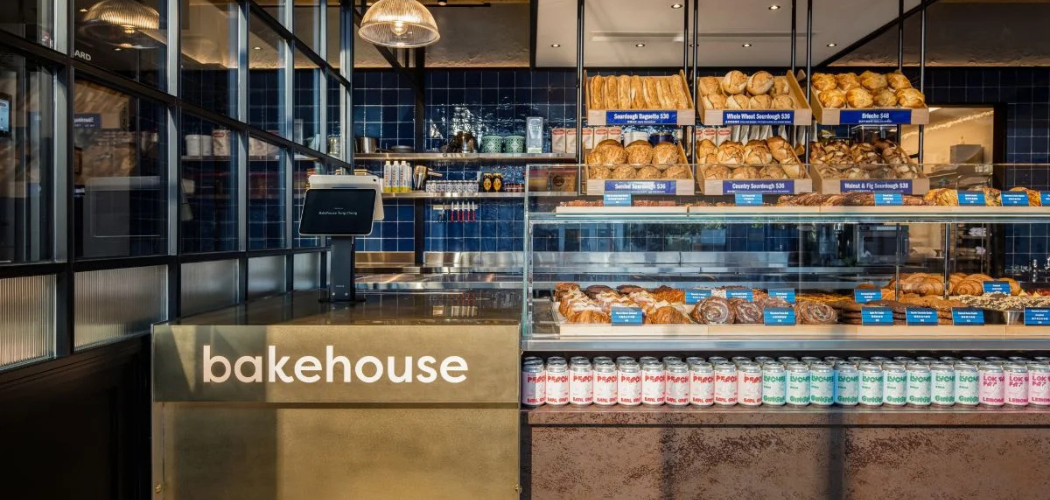Gamification, by its academic definition, enhances an experience to support the overall value. For companies in e-commerce to pharmaceuticals, simple gaming interactions are showing success in building repeat business.
Spin to win
Looking to reduce abandoned shopping carts, increase basket size or induce loyalty, e-tailers employ gamification technology like Luckycycle's. In most campaigns, customers who complete a purchase get the opportunity to win a full refund. And the nudge to checkout works.
Lucy Activewear, for example, offered customers a 1-in-10 chance to win back their shopping cart—up to $500—by spinning the wheel after checkout. It raised click-throughs by more than 30%, conversions by more than 15% and average basket size by more than 25%.
French retailer Carrefour sought to build loyalty to the store and select product lines for families with young children. Its results included a 35%-plus increase in basket size.
Personalizing the play
Standard promotions such as discounts lack identification of individual consumer preferences and interactivity and have long repudiated legitimate loyalty.
"We live in a world where everything is more and more personalized and digitalized," says Ecaterina Amet, campaign coordinator at Luckycycle. And "we have campaigns where the audience is very specific, and thus the consumer experience is ultra-personalized."
But nurturing a relationship through personalized play creates and continues a distinct brand image that cuts through the cloud of competitors. "It is a way to keep customers interested and eager to see what will come next," Amet says. In fact, TUI fly, the German airline, has run more than one campaign with Luckycycle. Customers come back for more.
Gamification as a spoonful of sugar
HealthPrize Technologies deploys gamification "interventions" on behalf of pharmaceutical manufacturers and pharmacies. Because approximately half of prescriptions go unfilled, these companies lose revenue opportunities. Additionally, untreated conditions such as asthma, diabetes and cancer hit the healthcare system hard; people who don't take their meds become more costly to treat.
So an app that helps patients adhere to prescription medicine regimes generates incremental revenue for program sponsors and ultimately delivers better health outcomes, says John Ragland, chief product officer. "Everybody wins."
Reminders to take meds and incentives are patient-centric and copycat the experiences consumers have grown accustomed to online. Weekly sweepstakes, points accumulation for awards, and fun quizzes and surveys help change behaviors. HealthPrize clients have realized increased dose compliance on weekends when adherence is typically low and timely refills, Ragland says.
"I see gamification taking off," he says.
"Since gamification techniques tend to create a memorable connection, there is definitely more coming," Amet agrees.
Kelly Shermach is a reporter for The Wise Marketer.




